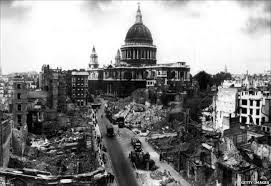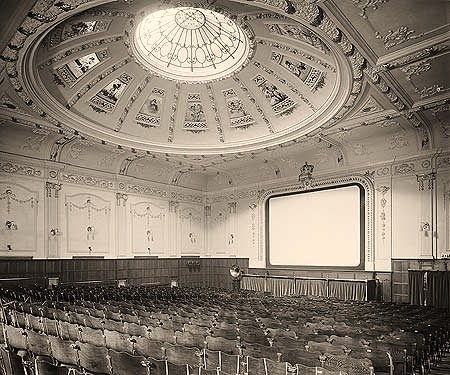Living up to Expectations
Spoiler Alert:
this post contains details which reveal plot elements of Little Miss Kiwi
 |
| before the opening of the Suez (1869) and Panama (1914) Canals, these were the routes between Britain and New Zealand |
The last century saw a steady and continuous counter-emigration from former British colonies back to the 'Motherland'. Many such travellers settled permanently in Britain, making their own contribution to its culture and society.
Little Miss Kiwi is based on a true-life story of this kind of emigration, or, more exactly, on one principal story and several other subsidiary stories. It is intended as a homage to the trials and tribulations and eventual success of one of the many who made the journey.
 |
| route via Panama Canal |
At that time, and until the advent of cheaper phone calls and, more recently, free, instantaneous communications, letter-writing was the only reasonable means of keeping in touch with one's faraway loved ones.
Letter-writing took time and patience, and was only ever a partially satisfactory tool. Still, there was an anticipation and excitement in the sending and receiving of letters which have been lost in our age of instant gratification.
I hope to have rendered the flavour of those past times through Lucy's letters as they contrast and conflict with the actual events of her new life in a new land.
 |
| airmail envelopes |
A few years after the end of World War Two Lucy Murdoch, a naive young New Zealander, travels far from home to learn to be an actor. She has won a scholarship to a world-famous acting school in London.
Little Miss Kiwi is set against the backdrop of post-war Britain, still recovering from the war, but showing the first glimpses of regeneration. This atmosphere of contrasts enhances the challenges - and delights - of being young and ambitious in a strange new world.
 |
| MS Rangitoto |
Lucy's ship, the MS Rangitoto, takes her over the Pacific Ocean, through the Panama Canal and on across the Atlantic to England.
The Pacific Ocean is endless, endless, endless...Mother, I can hear you say it's the destination that counts...
The story is told partly through third-person narrative and partly through Lucy's letters home to her mother.
Lucy leaves behind her brilliant, blue and green islands, her mother and brother and a troubled family history for a life-changing venture.
 |
| Wellington, New Zealand in the 1950s |
 |
| Marlborough Sounds, South Island, New Zealand |
 |
| post-war London |
 |
| RADA, London |
 |
| La Continentale cinema, 1950s |
 |
| London pea-souper |
After all Miss Murdoch, acting isn’t the be-all and end-all of a woman’s life. Surely you know that woman’s true vocation is as wife and mother. Perhaps you should also consider this side of things.
 |
| Soho |
Despite her shyness and intrinsic limitations, Lucy gains the assurance to pursue her goals and recognize her own strengths.
Lucy almost gasped: it was not other people’s expectations she needed to live up to. The most important thing was living up to her own expectations. Which, as Mother would have said, was the only thing that truly mattered. Little Miss Kiwi she might be, but she had her pride.







No comments:
New comments are not allowed.